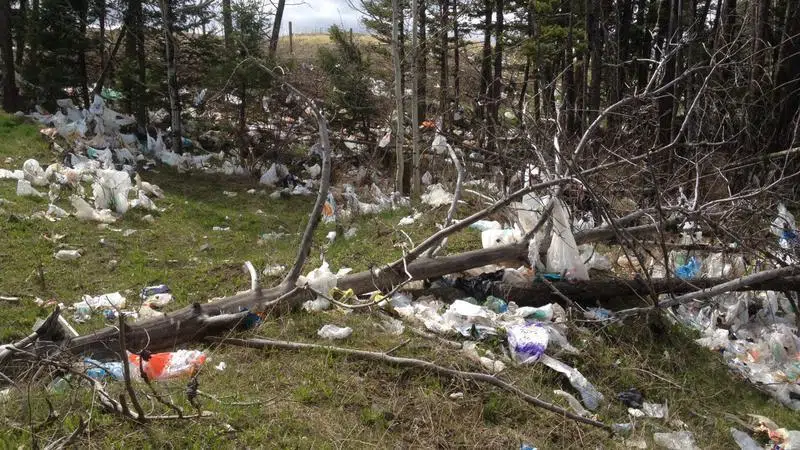
GINTA: Yes, we can do without (most) single-use plastics
I CANNOT TELL YOU how many times I wished that Styrofoam food containers would disappear. Call it a pet peeve but it goes beyond that. They leach harmful (albeit slow-acting and invisible) endocrine disruptors in the food stored in them, they are non-recyclable and indestructible, and one too many can be seen lying around parks or washing on river shores once the humans who emptied them have long left the scene.
The recent announcement by the federal government to ban many single-use plastics could not be timelier. Just about every week, if not daily, there is some more news about the ever-growing ocean garbage patches; marine life is choking on plastics (this is not a figure of speech) or feeding on it, as they mistake it for food. You don’t need to turn on the news in fact to see the sorry state we are in: everywhere you turn, there will be some single-use plastic, or parts of it, awaiting eternity or as close to eternity as can be, given the long time needed for plastics to degrade — which does not mean disappear. Plus, the microplastics. They are everywhere, including, we are told, in our table salt. There is a macabre ring to ‘here to stay’ when applied to plastics.
The cynics among us can say this new measure comes only as a response to the garbage container scandal that has recently put us on the naughty map, globally. Whatever the reasons, I welcome it as a step in the right direction.


